 Believe it or not, you are not just a user of information—you are also an information creator.
Believe it or not, you are not just a user of information—you are also an information creator.
The information you create on a daily basis includes everything from the text message you send to the course assignments you complete to the e-mails you compose to the doodles in your notebook and so on.
It also includes any creative works you produce, such as any stories, poems, or songs you might write or images you might draw, paint, or create with a camera.
In the grand scheme of things, it may not seem like the information you create matters. Most of it is just for you or your family and friends or your professors. But it does matter because even if you never publish or share your information creations, they belong to you. You own them and as their owner, you have the right to decide whether and how these works are used, reproduced, or distributed. As we’ll see in the next section on copyright, that is the law.
The law matters because technology like the internet has made it easy for others to take and use the information you create in ways that you may not agree with or be comfortable with. Generative AI, which is built and trained on copyrighted works, complicates things even further.
Consider the following:

